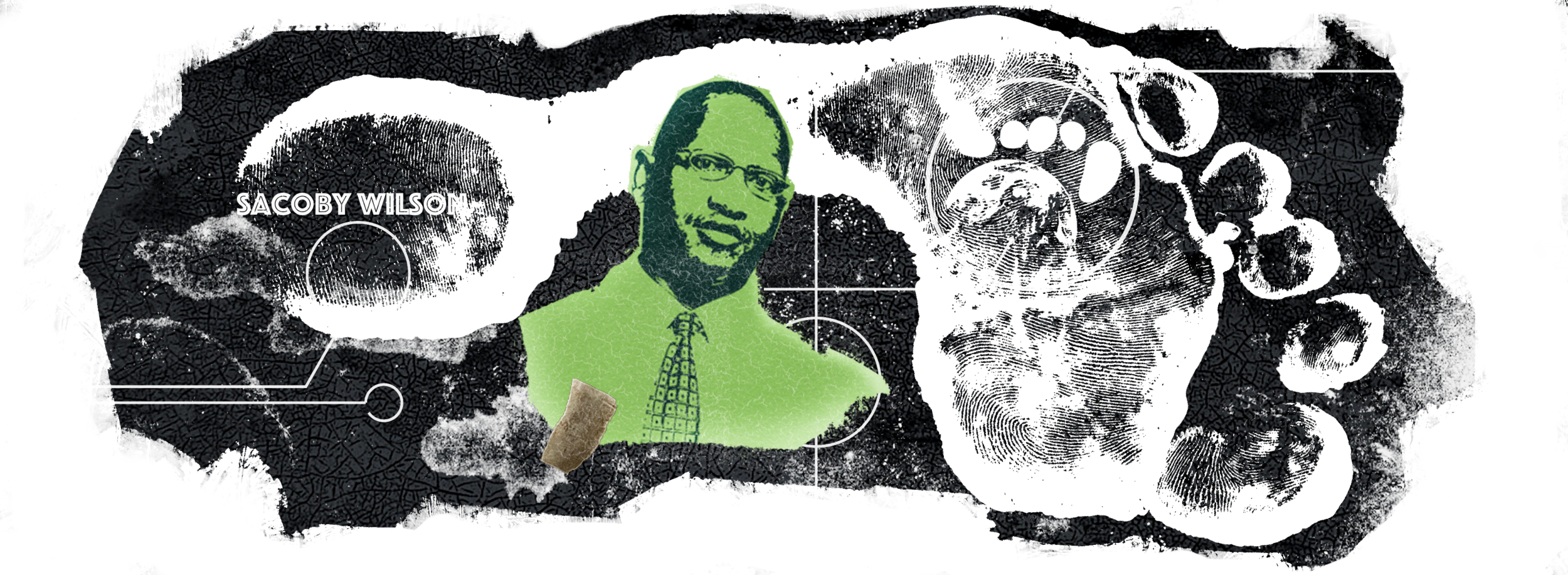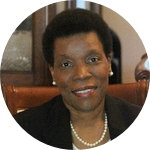Community Science & Environmental Justice
Categories

Air, water, and soil pollution issues fall disproportionately on low-wealth Black, Indigenous, and People of Color (BIPOC) populations and communities. Community-based participatory research provides a model and tools for communities to take science and research into their own hands.
Science Lead: Dr. Sacoby Wilson
The Projects
Browse the participating projects
Water quality monitoring in Sampson County, NC
Many residents in Sampson County, NC use private wells, and there is a high density of water hazards associated...
More About This Challenge
The sciency details
Challenge Aims
Low-wealth Black, Indigenous, and People of Color (BIPOC) populations and communities are differentially burdened by environmental hazards, locally unwanted land uses (LULUs), and air, water, and soil pollution due to inequities in zoning, planning, and development, and implementation and enforcement of environmental rules and regulations. These groups experience environmental racism which is a major driver of environmental health inequities. INPOWERment science is needed to put science and scientific tools into the hands of populations and communities with environmental justice and health issues. Community science approaches including community-based participatory research (CBPR) provide models and tools for communities to take science and research into their own hands and seek action and justice.
For more than a decade, Dr. Sacoby Wilson, associate professor in the Maryland Institute for Applied Environmental Health, and the Center for Community Engagement, Environmental Justice, and Health (CEEJH) have worked hand-in-hand with frontline and fence line communities to better understand the causes and effects of hazardous environmental situations. In addition to working to solve critical pollution issues, they’ve also built a better model for doing environmental science. They have pioneered new forms of radically participatory community-based science in order to help build agency and understanding with their local partners, taking science out of the ivory tower and giving it back to the people.
CEEJH advances environmental justice by developing community-university partnerships, using the community-based participatory research (CBPR) approach, citizen science, community-owned and managed research (COMR) principles, the Science Inpowerment Model, and the Collaborative-Problem Solving Model (CPSM) with a focus on equitable planning, healthy zoning, and sustainable community development. We train residents impacted by local unwanted land uses (LULUs); air, water, and soil pollution; and other environmental hazards to become citizen scientists using these community-based frameworks.
The Community Science & Environmental Justice fund is a small, fast grants program designed to quickly respond to urgent community needs and spur action. Thanks to the support of the Footprint Coalition, we have $50,000 that we're going to contribute to community science and environmental justice projects here on Experiment. We will back each project up to 50% of the project cost (up to $5,000/project). The funds will be distributed on a first-come, first-serve basis. The sooner you fill out a project application the better (use the "start a project" link below). In addition to the funding, we hope to stay engaged with the projects as mentors and supporters, helping in any way we can to make the projects a success.
Reach out if you have any questions. Better yet: start and submit your project!
Part of the Footprint Coalition Science Engine


 Challenge Grants
Challenge Grants